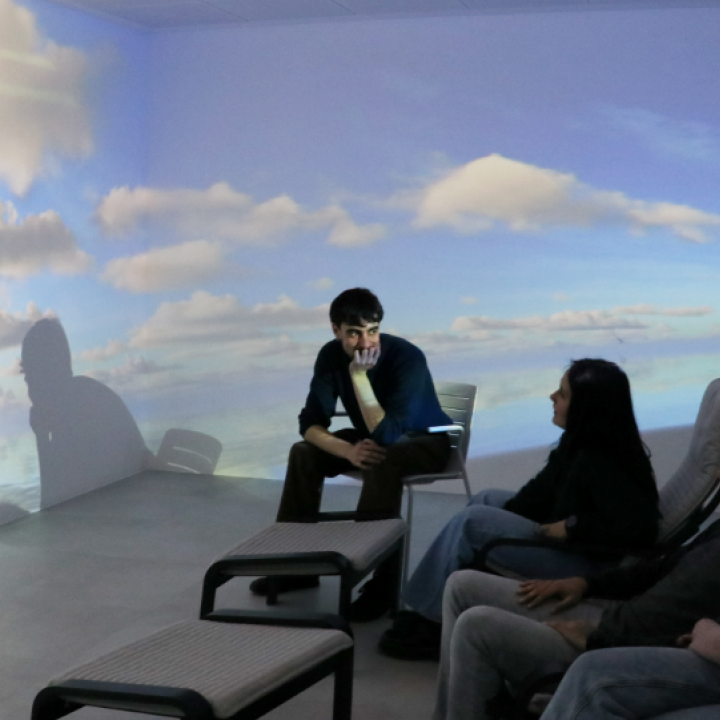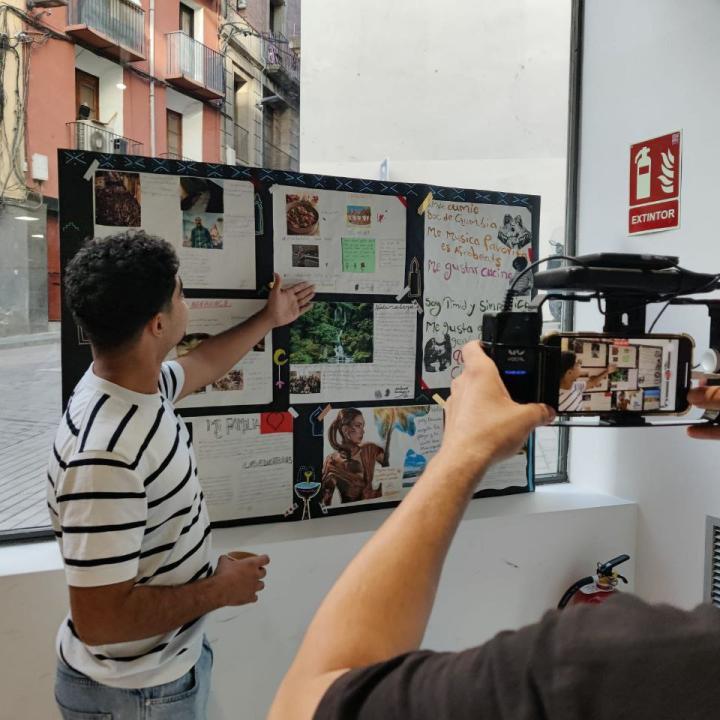The emancipation reference persons and young participants of Suara Cooperativa in the project, complete the implementation phase of the program with satisfaction for the objectives achieved.
The Suara team of professionals has completed the participation in the implementation phase of the Emancipation Itineraries Project of Success (IMEX) of FEPA with the action of 2 Emancipation Referents in the territory of Girona and Tarragona- Lands of the Ebro. Who have been able to accompany 16 extutute young people, offering them support and accompaniment in leaving the protection system, promoting deinstitutionalization in their emancipation process. The national project has had the participation of 36 other entities, 2 universities and various administration bodies, as well as 69 volunteers.
This year, Suara professionals will continue to link with young people, betting on the success of their independent lives and empowerment, with occasional meetings. At the same time, they show their commitment in the final phase of the analysis of project results and maintain their participation in the spaces to develop this innovative state model, as well as make use of shared evaluation tools and indicators in order to consolidate this paradigm shift towards care for disabled people.
As pointed out by Marta Martínez, Suara's social educator, the IMEX project has meant an expansion of her professional vision, placing a special emphasis on the needs of underserved young people, including aspects such as housing, training and insertion labor It highlights the application of the person-centered methodology, which has made it possible to prioritize young people's decisions and provide emotional support during this critical moment in their lives, with special attention to mental health and the gender perspective.

The start of the evaluation phase, as researcher Sara Pérez explains, represents a crucial step to show the positive results of this initiative, reaffirming its effectiveness as a socio-educational proposal for emancipation. This will undoubtedly highlight to the administration the importance of these types of programs for the well-being and integration of marginalized young people in society.





